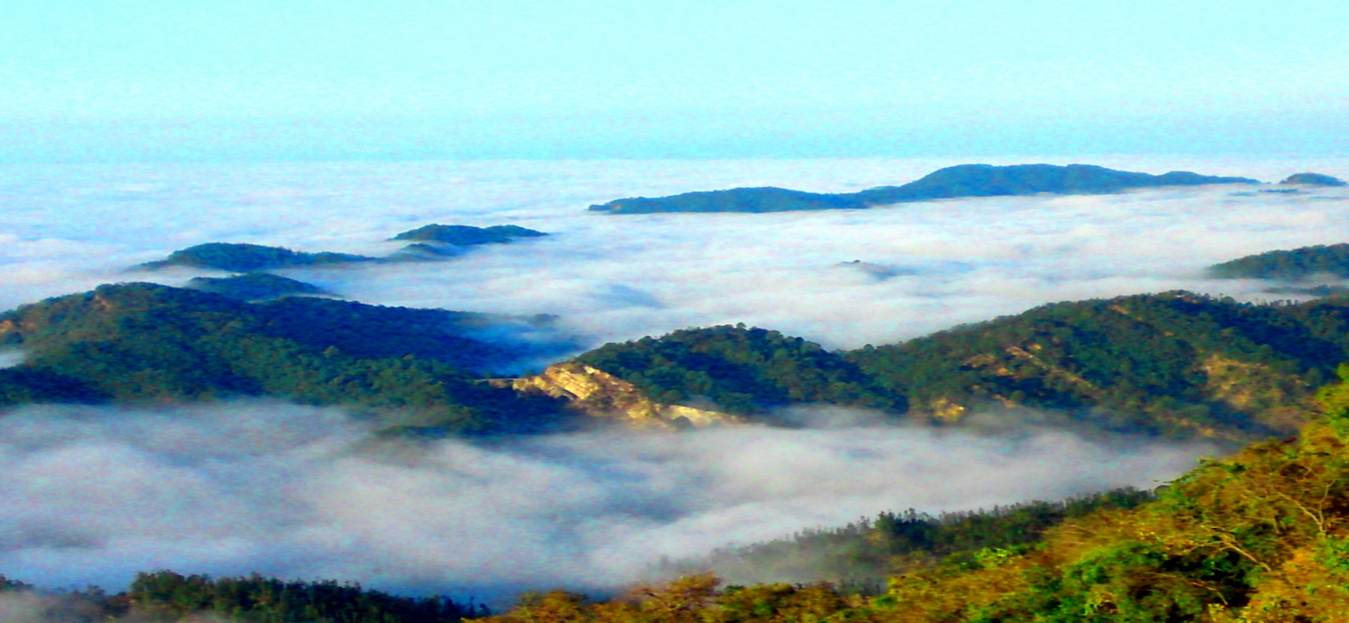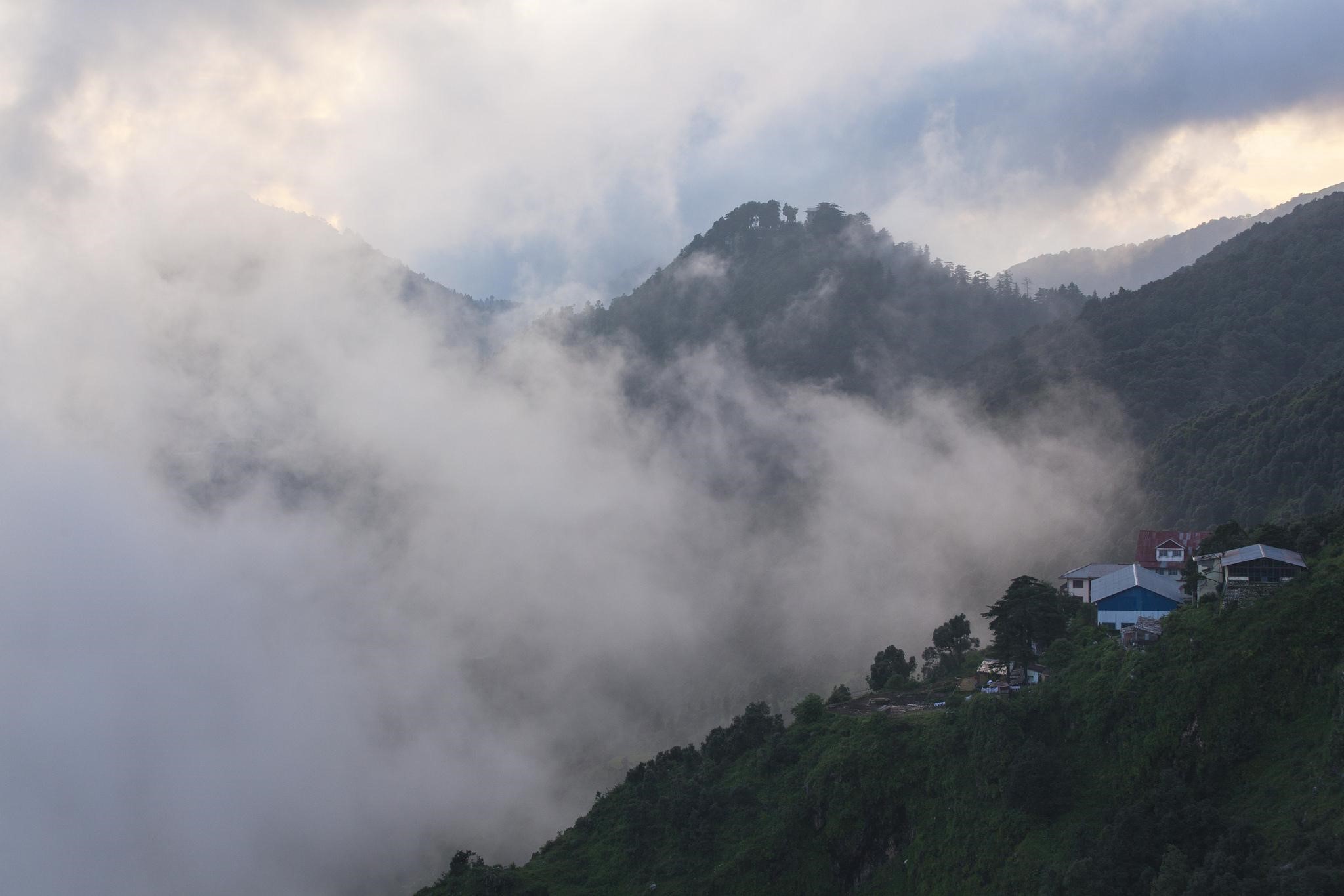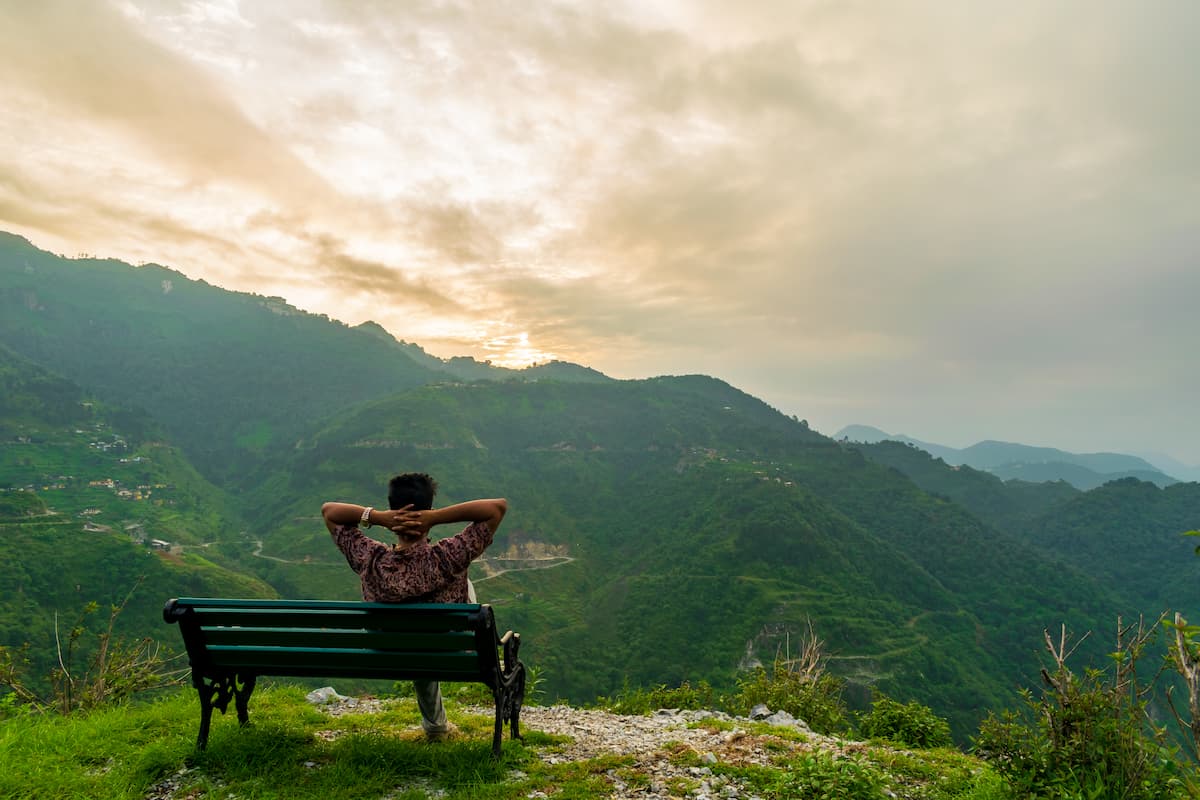The Rich History of the Beautiful Hill Station of Mussoorie
To most, Mussoorie is known as a picturesque hill station situated in the Garwhal region of Uttarakhand. Mussoorie is also known as the Queen of the Hills. But did you know that the town itself has been in existence for less than 200 years with the first settlement being established by a British captain in 1823? Indeed, the Mussoorie has an intriguing past; one well worth exploring.

Before the British, there were only shepherds in the area whose animals would graze on the ‘mansoor’ shrub; a type of lentil indigenous to the area which gives the town its name. The first house was built by Frederick Young; a lieutenant of the British East India Company and commanding officer of the Sirmoor Battalion from 1815 to 1842. He later built a mansion called ‘Mullingar’ as his personal residence and would hunt game in the dense forests around Mussoorie.
Over time, more and more Europeans moved to Mussoorie and nearby Landour and the area rapidly became a bustling town with a variety of clientele ranging from the European elite and Indian Maharajas to more humble residents. Sir George Everest after whom the tallest mountain in the world is named, lived in Mussoorie from 1832 to 1860. From 1823 to 1843, Everest was the superintendent in charge of the Great Trigonometrical Survey of India, one of the first projects to accurately the entire Indian subcontinent with scientific precision. The survey started from Madras at the southern tip of India and was intended to terminate at Mussoorie. In fact, Everest was keen to have the office of the Survey of India at Mussoorie. However, this was unsuccessful and the office was instead established in nearby Dehradun where it still is today. Another famous resident of Mussoorie is the Anglo-Indian author Ruskin Bond who has spent the majority of his adult life in the town.

Due to its colonial past, Mussoorie has a long tradition of brewing. India’s first brewing house ‘The Old Brewery’ was started by Sir Henry Bohle in Mussoorie. While initially the establishment only made beer, eventually it started producing whiskey due to rising demand from patrons. Due to licensing issues, ‘The Old Brewery’ reopened and closed a couple of times over the next few years until Sir John Mackinnon (Bohle’s brother-in-law) restarted it in 1850 as Mackinnon & Co. The Old Brewery.
For all its lovely history, Mussoorie’s colonial past is not without blemishes. During the British Raj, some establishments founded by the English had signs stating “Indians and Dogs not allowed”. Such racism was not uncommon in those times. The Nehru family would frequently holiday in Mussoorie and Motilal Nehru would deliberately flout the aforementioned rule and pay the fine.
Mussoorie also has been associated with the Free Tibet movement. After the 1959 Uprising, the 14th Dalai Lama fled to India and established the headquarters of the Central Tibetan Administration (also known as the Tibetan Government in Exile) in Mussoorie before it was later shifted to its present location at Dharamsala. The Dalai Lama and Pt. Nehru established the Central School for Tibetans at Mussoorie in 1960 which is still operational today. More than 5,000 Tibetans live in Mussoorie and its surrounding areas today.
While Mussoorie was never an official seat of power during the British Raj unlike Shimla (which was officially the summer capital), it has always been the unofficial honeymoon capital of India with its informal and romantic appeal. Even today, it’s a popular holiday destination for couples. Maybe on your next visit, you could explore some of the lesser-known spots such as Landour Bazaar, Chaar dukaan, Camel Back Road cemetery, the Mussoorie Library and of course the historic (and allegedly haunted) Savoy Hotel.
If you’re planning a trip, you could stay at Sterling Mussoorie, which is just 2.5 km outside Mussoorie. The resort overlooks the spectacular Doon valley and offers rooms with a balcony or a sit-out. It’s a great place to spend a night or two. To know more about where to go in Mussoorie, check out the complete guide to Mussoorie.


